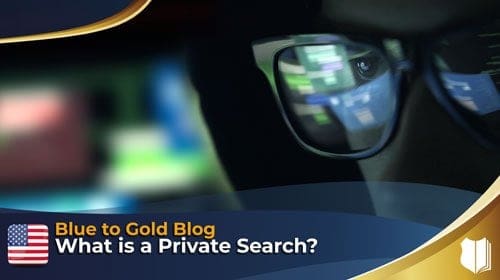What evidence can I use from a private search?
Well, the short answer is: all of it.
Here is why: a private search is when a person searches or seizes something and there’s no government involvement. Now, the general rule is that if there is no government involvement, you can use any evidence that they obtained. Period, end of story. Even if what they did would have been completely prohibited if you had done it, you can still use it.
Now, what does it mean for a private person to be converted into a government agent? In that case, we are looking for things like this: the officer encouraged the person to do it, they directed or ordered them to do it, or they participated in the search. When you have those things in play, you have just made that private person into a government agent, and now everybody has to play by the Fourth Amendment rules.
But the reverse side of that coin is also true. If the private person is not involved with law enforcement, and they’re not being encouraged, directed, or ordered, and law enforcement officers are not participating in it, you can use any evidence that they bring you, even if it would have offended the Fourth Amendment.
Let me give you a couple of examples. Casino security personnel detain somebody because he was counting cards, and that is against house rules. So they bring the person back to the casino security office, they open up this guy’s backpack and they find drugs. Now, they were not going to arrest this person, they were just going to trespass him. So what we have here is a detention by a private security officer. Now they call the police. The officers show up, and see the drugs that were obtained from the backpack. The question is, can the officers use those drugs as evidence in a case? Absolutely, “yes!” No problem, because even if the officer may not have been able to do the exact same thing if he or she had been on the scene, it didn’t happen with police involvement.
We have another case, where a FedEx employee was really on the hunt for drugs being concealed in FedEx shipping packages. He apparently maybe even violated some FedEx rules by searching boxes that he thought contained contraband. And, in fact, he was behind eight cases for the DEA; he was called as a witness for eight cases! The defendant finally said, “Hey, look, you have an agent on your hands here. The DA knows what this guy is doing!”
Does that defendant have a point? Is that FedEx employee a government agent? Absolutely not! Whatever he’s doing, whatever his motivation is; as long as the DA didn’t encourage him to keep doing it, order him to do it, or participate in the search, we are good to go. So that’s what’s going on here. We do not care how offensive the search or seizure might have been. That’s not part of the court’s analysis.
Certainly, though, you’re going to want to weigh other things in, as far as your case goes. If
a methamphetamine addict comes to you and says, “I was in my dealer’s home and I was snooping around and looking for drugs, but I found child porn,” and gives it to you, can you use it? The answer is, absolutely! But you’re going to want to talk to your prosecutor and you’ll probably want to build up a better case and maybe even do some undercover surveillance and so forth. You may not want to depend on that evidence alone.
Bottom line: You may use any evidence that was obtained in a private search as long as there was no government involvement.











